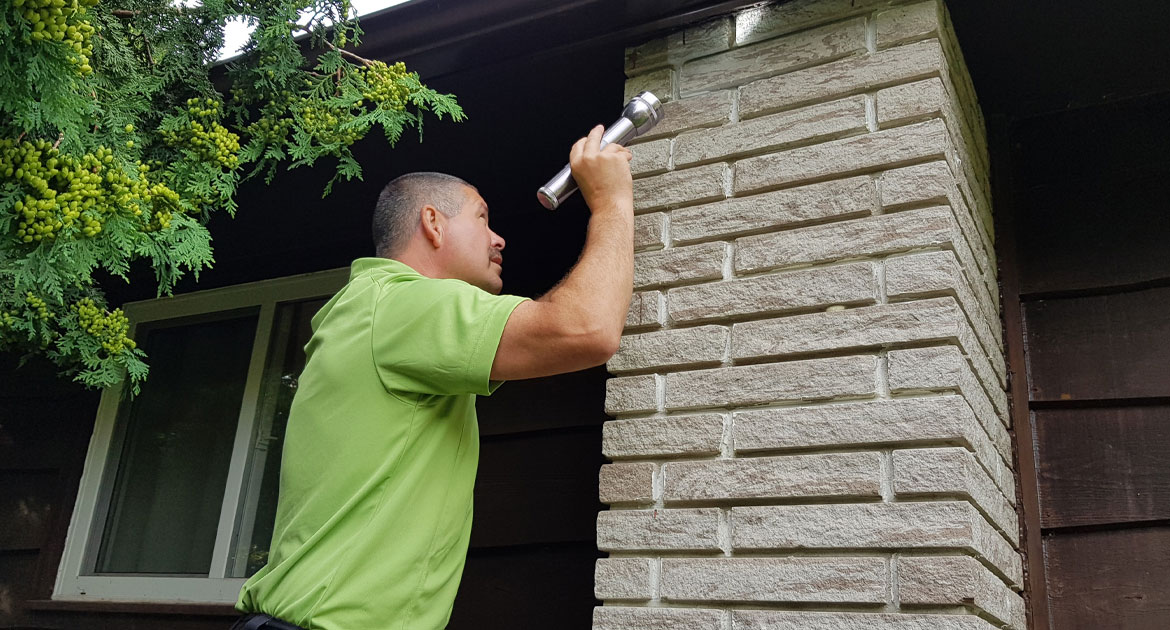The thought of wildlife getting into a home is enough to make any homeowner wonder what they can do to mitigate or prevent such an occurrence. Rodents such as mice can cause a lot of damage to a home, and if mice removal does not work, mice can go on to expose the home’s residents to various diseases. Here are some ways to identify and prevent a mouse infestation, as well as some of the many health risks that such an infestation can cause.
Identifying a Need for Mice Removal
The first step to removing rodents from the home is recognizing the problem. Because they are considered prey to most other creatures, mice are very stealthy and adept at hiding. However, they do give some telltale signs of their presence, such as:
- Leaving a trail of small, dark brown droppings
- Producing scratching noises behind a wall, in the attic, or inside a chimney
- Chewing through walls, furniture, and packages of food left out in the open
If a homeowner notices any of these issues, experts advise them to contact wildlife control in Milwaukee right away so professionals can safely and thoroughly find where the critters have taken up residence and remove them accordingly.
Being Aware of Health Risks
Whether a homeowner is currently dealing with an infestation or simply wants to prevent another invasion of wildlife, it is wise to learn about the many health risks associated with coming into contact with mice and other rodents. The diseases that mice carry are one of the main reasons why it is important to consult a mice removal service sooner rather than later.
Allergies and Asthma
While allergies to products like peanut butter and animals such as cats are well known, fewer people are aware of the correlation between mice, allergies, and asthma. People can develop allergies to the protein found in mouse urine, and mouse feces and saliva can trigger asthma in susceptible individuals.
Salmonella
Salmonella is a bacterial infection that can cause symptoms such as fever, diarrhea, and severe stomach pain. Mice generally transmit this disease by contaminating the food supply of humans, often tracking their urine and feces through said food. Young children, older adults, and those with compromised immune systems are most at risk for developing serious side effects from salmonella.
Hantavirus
Hantavirus is another condition that can be spread by mice that humans may pick up in several ways, including through food or by touching their mouths after coming into contact with mouse excrement. Although this virus is rare, it can cause severe symptoms and even death in those who are unfortunate enough to develop the condition.
Having a mouse infestation in the home can cause health risks that range from uncomfortable to downright dangerous or fatal. It is important that homeowners not heed do-it-yourself mice removal advice in order to not place themselves and their families at further risk.
Keeping Mice Away for Good
Once a homeowner contacts a professional mice removal service, they can do some things themselves to prevent further infestations. Cleaning up food debris right away and ensuring that there are no gaps in windows and doors are just two of many ways to discourage more rodents from coming inside.
What Else Can Mice Removal Services Do?
Hiring a professional to deal with a pest control problem is always best since experienced people know how to prevent the spread of disease and clear up things left behind by rodents, such as droppings. The health risks of a mouse infestation can be severe, leading to such conditions as salmonella and hantavirus. If a homeowner believes they have a mouse problem, they should contact Skedaddle Humane Wildlife Control for mice removal services as soon as possible.



